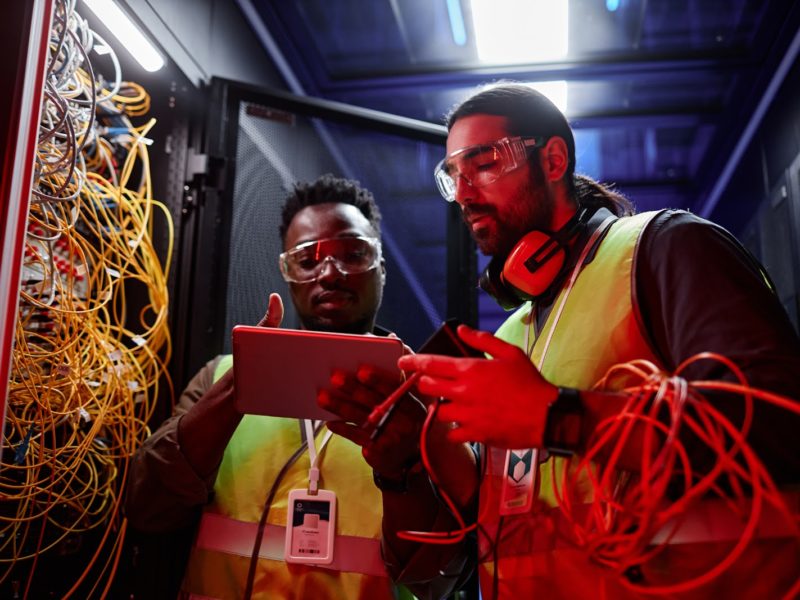New Brunswick
In the Media
Unable to find a summer job, N.B. teen creates job board for students like him
When Fredericton High School student Matthew Jeon wanted to start saving money for university, he started applying for summer jobs.
But his search was unsuccessful for two summers in a row. Along the way, he noticed many applications were more geared toward college or university students.
Project
Development of Soft Skills in Future Employees
Employers in New Brunswick have reported a pressing need for enhanced soft skills among workers. Recognizing this, the Collège Communautaire du Nouveau-Brunswick / Community College of New Brunswick (CCNB) launched a project designed to enhance the soft skills of its students.
Project
Tourism and Hospitality Emergency Recovery
The Tourism & Hospitality Emergency Recovery (THER) initiative, funded by the Future Skills Centre and led by the Ontario Tourism Education Corporation (OTEC), aimed to support Canada’s tourism and hospitality sector during and after the COVID-19 pandemic.
Project
AspireAtlantic
The AspireAtlantic program tested out the WorkAdvance model— a proven US workforce development strategy that uses a sector-based approach that combines job training, placement and advancement support for low-income individuals.
Project
Virtual Workplace Tours
Employers in the Greater Moncton region report challenges in finding and cultivating skilled workers, a situation that may worsen in the face of anticipated retirements and slowing population growth. Young people may fill this employment gap if they are aware of the career opportunities available in the region.To address this issue, the 3+ Economic Development Corporation (now named the Southeast Regional Service Commission) initiated a project using virtual workplace tours to introduce high school students to potential careers in high-priority sectors.
Project
Leadership Development for Indigenous Communities
To address the economic gaps that persist between Indigenous and non-Indigenous people in Canada, Workforce Warriors Inc. launched the Leadership Development for Indigenous Communities project.
Project
Level Up Skills Evolution: Scaling Up Sectoral-Based Microcredentials
The Level Up Skills Evolution project begins with a unique premise – what if employers were more in the lead for designing microcredentials? The project therefore aimed to address workforce challenges by developing and scaling sector-based micro-credentials to help employers navigate technological change, labour shortages, and training gaps.
Project
A New Model for Workplace-Integrated Learning
The project aimed to enhance bioscience programming by implementing educational and training initiatives across three key streams: new-skilling, re-skilling and upskilling.
Project
Bridging the Gap: Developing a Flexible Learning Platform for Reskilling and Upskilling
The project aimed to partner with other colleges and employers to identify in-demand jobs and their associated competencies requirements, and to develop and deliver micro-credentials that meet the specific needs of individual job seekers.










